
Marcella Alsan, MD
Marcella Alsan holds a BA (1999) from Harvard University, an MPH (2005) from the Harvard School of Public Health, an MD (2005) from Loyola University, and a PhD in economics (2012) from Harvard University. Alsan served as an associate professor of medicine and, by courtesy, of economics and health research and policy at Stanford University prior to joining the faculty of the Harvard Kennedy School as a professor of public policy in 2019. Her work has been published in the American Economic Review, Quarterly Journal of Economics, Journal of Political Economy, The Lancet Infectious Diseases, and Annals of Internal Medicine, among other journals.
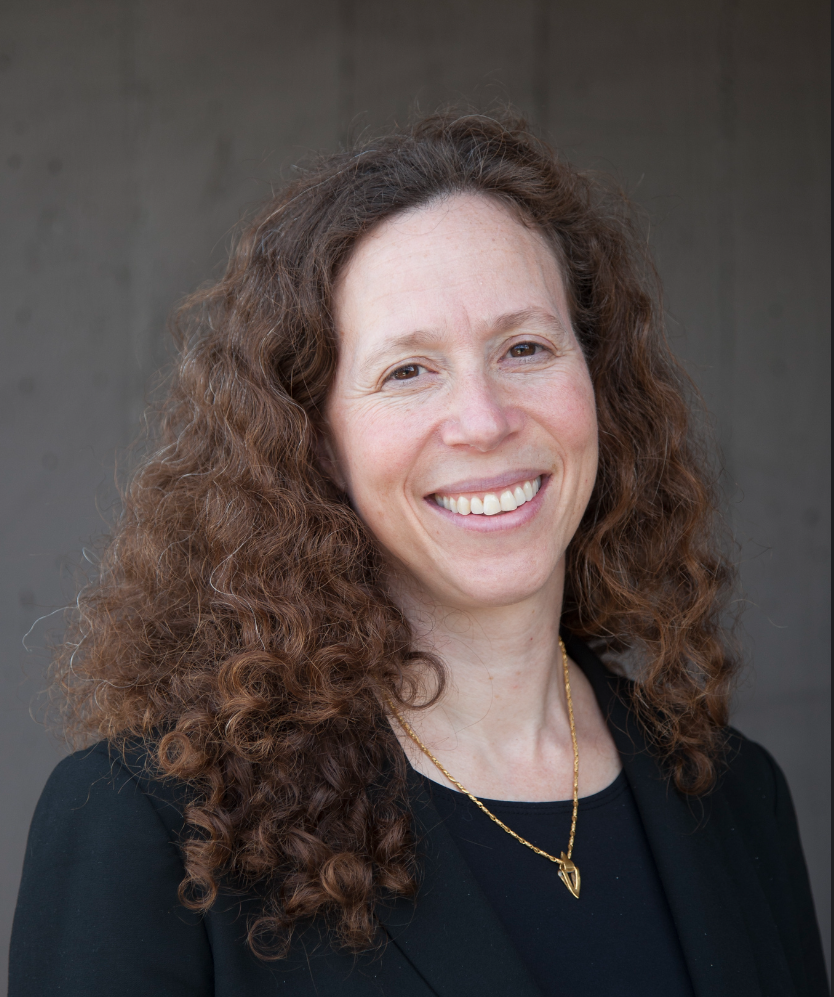
Rebecca Berman, MD, FACP
Rebecca Berman, MD, FACP is UCSF’s Internal Medicine Residency program director. After completing her chief residency at Brigham & Women’s Hospital in 2009, she joined Mass General Hospital, where she built a network of student-faculty primary care practices, the Crimson Care Collaborative (CCC). Over 1000 Harvard Medical students have participated in CCC gaining early exposure to primary care, to care for the underserved and interprofessional education opportunities. In 2013, Dr. Berman returned to BWH to direct the DGIM primary care residency program. Dr. Berman is the founder and co-leader of the National Association of Program Directors of Internal Medicine’s (APDIM) Primary Care Program Director Group and is the editor of their Primary Care Toolkit which offers a blueprint for building and strengthening primary care tracks. To help reduce pay disparities and improve diversity in medical leadership positions, she teaches nationally on negotiation skills for physicians. She is a member of the Society of General Internal Medicine and served on their National Career Development Working Group. She was recently elected as an APDIM Council Member. Other areas of interest include medical education, diversifying the physician workforce, novel curricular design, health literacy, women in medicine and care for the underserved.
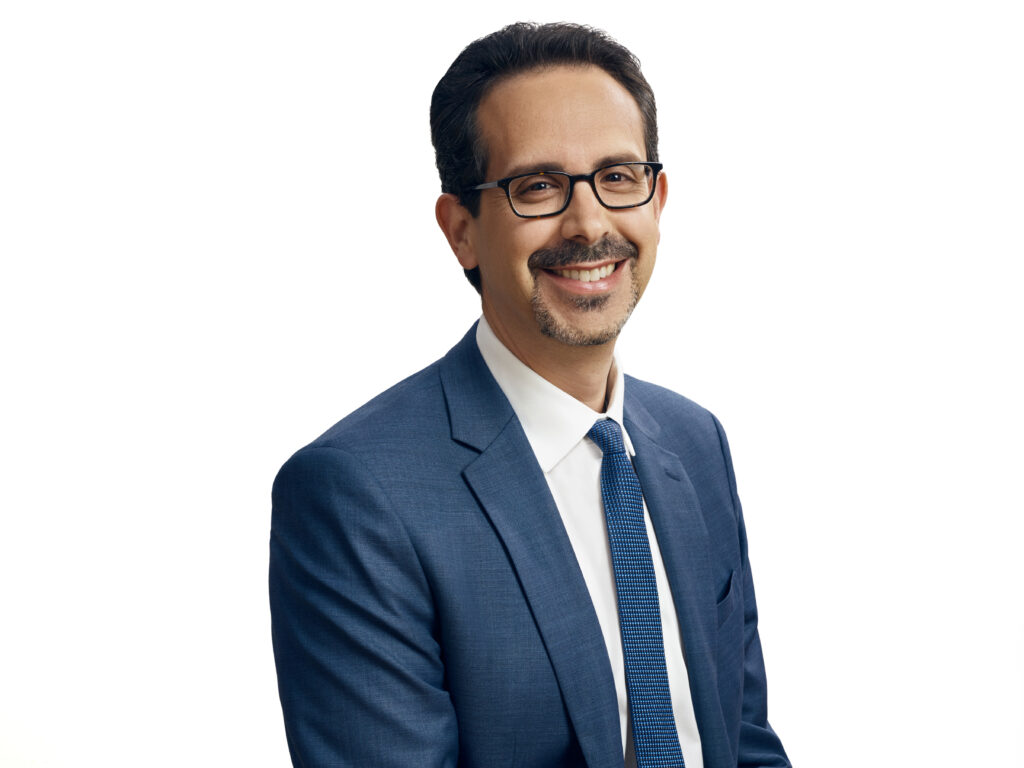
Asaf Bitton, MD, MPH
Asaf Bitton, MD, MPH, is the executive director of Ariadne Labs, a multidisciplinary health systems innovation center of over 100 staff and faculty at Brigham and Women’s Hospital and the Harvard T.H. Chan School of Public Health. He is an Associate Professor of Medicine and Health Care Policy at BWH, the Harvard T.H. Chan School of Public Health, and Harvard Medical School. He leads Ariadne Labs’ efforts to design, test, and spread scalable systems-level solutions that result in reduced suffering and improved outcomes by addressing “know-do” implementation gaps in health care. He has served as a senior advisor for primary care policy at the Center for Medicare and Medicaid Innovation since 2012. There, he has helped design and test three major primary care initiatives, representing the largest tests of combined primary care payment and clinical practice transformation work in the United States. He was a core founder and vice chair of the steering committee for the Primary Health Care Performance Initiative, a nearly 10-year partnership that included more than 35 countries and the World Bank, the World Health Organization, UNICEF, The Global Fund, and the Bill and Melinda Gates Foundation, dedicated to improving the global provision of primary health care. Dr. Bitton practices primary care at Brigham and Women’s South Huntington clinic, a team-based community primary care practice in Boston that he helped found in 2011. He co-authored the 2021 NASEM report on improving primary care in the US, core recommendations of which are currently being implemented across state and federal levels. He currently serves on the Center for Strategic and International Studies Bipartisan Commission on Strengthening America’s Health Security, and served between 2019-2022 on the National Advisory Council for Healthcare Research at the Agency for Healthcare Research and Quality in the U.S., as well as being an elected member of the International Academy of Quality and Safety.

James (Jay) E. Bradner, MD
Recently, he served as President of the Novartis Institutes for BioMedical Research (NIBR), from January,2015, through November, 2022. He led global internal and external Research and Early Development covering eight disease areas (hematology, oncology, immunology, neuroscience, cardiovascular disease, ophthalmology,
neglected tropical diseases and musculoskeletal diseases), and five therapeutic modalities (chemistry & chemical biology, biotherapeutics, gene therapy, stem-progenitor therapy and radioligand therapy). In his seven years of leadership, NIBR innovated more than 80 development candidates, filed 75 INDs and reported out 90
positive proof-of-concept studies in human clinical investigation. Scientifically, he led a research initiative focused on molecular glues for intractable protein targets.
Prior to leading NIBR, Dr. Bradner served on the research faculty of Harvard Medical School and as an attending physician in stem cell transplantation within the Department of Medical Oncology at the Dana-Farber Cancer Institute. The research focus of the Bradner laboratory has been the study of BET bromodomain proteins
and their function in gene control, innovating chemical probes and investigational drugs to study and treat cancer. Further, the Bradner laboratory pioneered a first all-chemical strategy for targeted protein degradation, which has served as a discovery platform for many academic investigators and biopharmaceutical companies.
Dr. Bradner is a co-founder of five biotechnology companies and has co-authored more than 250 scientific publications and over 50 United States patent applications.
Dr. Bradner is a graduate of Harvard College and the University of Chicago Medical School. He completed residency in Medicine at Brigham & Women’s Hospital, fellowship in Medical Oncology and Hematology at the Dana-Farber Cancer Institute and postdoctoral training in chemistry and chemical biology at Harvard
University (Prof. Stuart Schreiber).
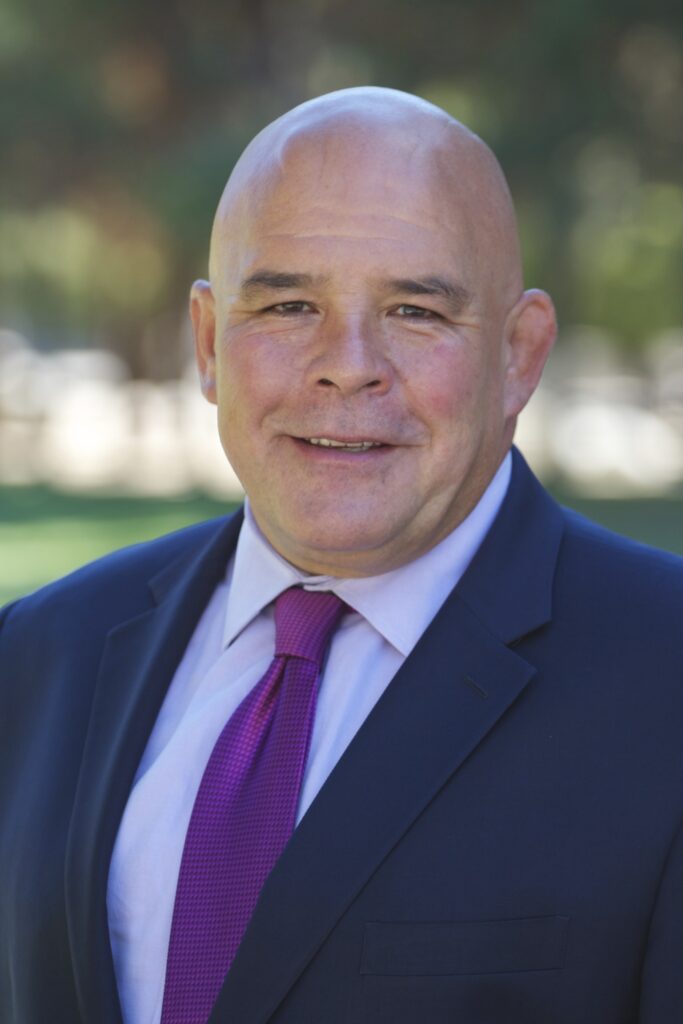
Esteban González Burchard, MD, MPH
Esteban González Burchard, M.D., M.P.H. is a physician-scientist with expertise in pharmacogenetics and pharmacogenomics in minority children with asthma. Dr. González Burchard is the Director of the UCSF Asthma Collaboratory, a large inter disciplinary research program focusing on minority children, and the identification of actionable drug targets for asthma identified from genetic data obtained from racially/ethnically diverse populations (data from Real World Evidence) to the advantage of all patients. Dr. Esteban González Burchard has more than 320 peer-reviewed publications.
Dr. Burchard earned his M.D. from Stanford University School of Medicine. He completed an internship and internal medicine residency at Harvard’s Brigham and Women’s Hospital. He completed a sub-specialty fellowship in Pulmonary and Critical Care Medicine at the University of California, San Francisco. He earned a Master’s in Public Health in Epidemiology at the University of California, Berkeley.
Dr. González Burchard was the first in the world to demonstrate that genetic ancestry strongly correlates with lung function in African Americans and Latinos, even after accounting for social determinants of health, including socioeconomic status, experiences of perceived discrimination, and environmental factors. Dr. González Burchard and his team were the first to demonstrate racial/ethnic clinical and pharmacogenetic and pharmacogenomic differences in drug response among Latino and African American children with asthma. His continuous and ongoing work of over two decades provides a rigorous scientific approach to dissecting inherited and environmental influences on health outcomes; it is the exemplar of how the medical and biomedical profession should approach the broad problem of considering “race” in medicine and health.

Cheryl Clark, MD, ScD
Dr. Cheryl Clark is a hospitalist and health equity researcher at Brigham and Women’s Hospital. Dr. Clark’s research focuses on social determinants of health. Dr. Clark co-chaired the National Institutes of Health All of Us Research Program Social Determinants of Health (SDOH) Task Force to develop the SDOH module for use in precision medicine research. Dr. Clark is the founding director of the BWH Leadership for Health Equity Internal Medicine Pathway. She is an inaugural recipient of the 2021 Harvard Medical School/Harvard Dental School Equity, Social Justice and Advocacy Award.
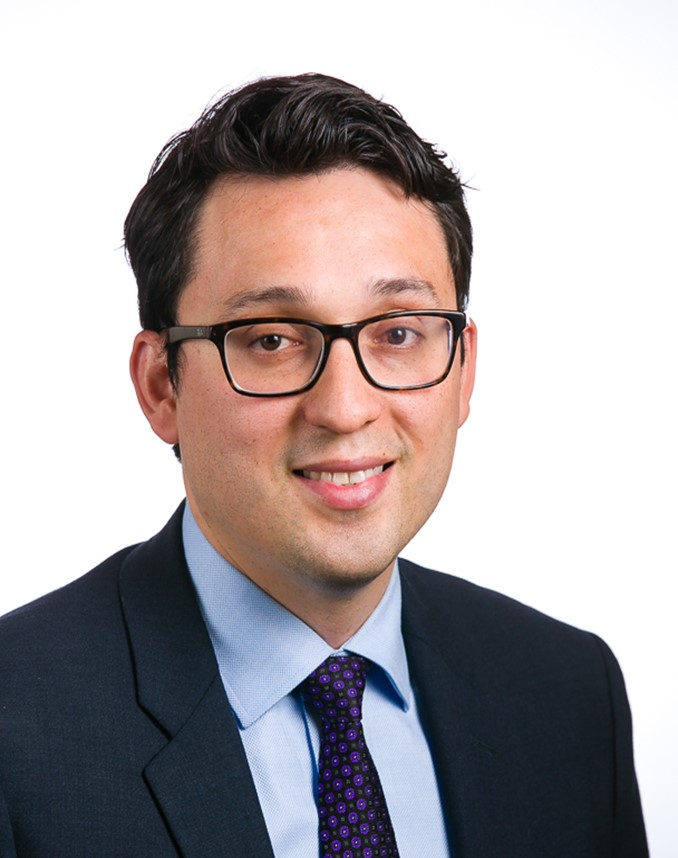
Jose F. Figueroa, MD, MPH
Jose F. Figueroa, MD, MPH is an Assistant Professor of Health Policy and Management at the Harvard T.H. Chan School of Public Health (HSPH) and an Assistant Professor of Medicine at Harvard Medical School (HMS). He is a practicing Internist and Associate Physician at the Brigham and Women’s Hospital, where he serves as the Faculty Director of the BWH Medicine Residency Management & Leadership Pathway. Dr. Figueroa is also the Faculty Director of the Healthcare Quality & Outcomes Lab at HSPH and the Co-Director of the International Collaborative on Costs, Outcomes, and Needs in Care (ICCONIC), an international research collaborative across 12 high-income countries. He received his M.D. from Harvard Medical School and his M.P.H. from the Harvard T.H. Chan School of Public Health. He completed his residency in Internal Medicine at the Brigham and Women’s Hospital.
His main research interests focus on understanding the drivers of health care spending and poor clinical outcomes among low-income and historically marginalized populations with complex clinical needs. To date, this has included work on racial and ethnic minorities, Dual-Eligible for Medicare and Medicaid beneficiaries, and people with frailty, major disabilities, and serious mental illness. His research also focuses on evaluating how policy interventions and payment reform aimed at improving quality of care and controlling costs are working, and in particular, how they affect safety-net clinicians and hospitals. To support his work, Dr. Figueroa is funded by grants from the Commonwealth Fund, Robert Wood Johnson Foundation, the Laura and John Arnold Foundation, the Episcopal Health Foundation, and the National Institutes of Health.

Dora Hughes, M.D., M.P.H.
Dora Hughes, M.D., M.P.H., is Chief Medical Officer at the CMS Innovation Center at the Centers for Medicare & Medicaid Services. She leads the Center’s work on health equity, provides clinical input on models, liaises with stakeholder groups, and directs CMMI’s clinician community. Previously, Dr. Hughes served as an Associate Research Professor of Health Policy & Management at George Washington University, where her work focused on the intersection of clinical and community health, health equity, healthcare quality and workforce. Prior to this role, Dr. Hughes was a Senior Policy Advisor at Sidley Austin, where she advised on regulatory and legislative matters in the life science industry. Additionally, Dr. Hughes served as the Counselor for Science & Public Health at the U.S. Department of Health & Human Services in the Obama Administration, helping to implement the Affordable Care Act and providing guidance to the Public Health Service Act authorized agencies and Food and Drug
Administration. Dr. Hughes began her career in health policy as Senior Program Officer at the Commonwealth Fund, and subsequently was Deputy Director for the HELP Committee for the late Senator Edward M. Kennedy and Health Policy Advisor to former Senator Barack Obama. Dr. Hughes received a B.S. from Washington University, M.D. from Vanderbilt and M.P.H. from Harvard. She completed an internal medicine residency at Brigham & Women’s Hospital.
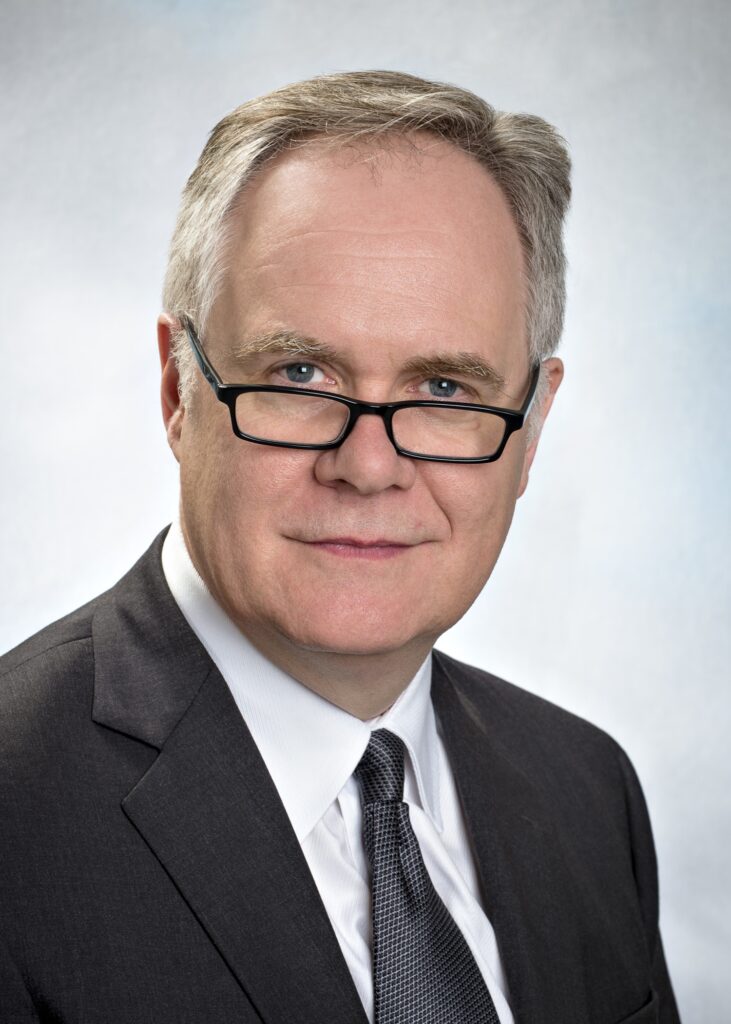
Calum A. MacRae, MD, PhD
Calum A. MacRae (’96) is the Director of One Brave Idea (an innovation program founded by Verily, the American Heart Association and AstraZeneca), Vice Chair for Scientific Innovation in the Department of Medicine at Brigham and Women’s Hospital in Boston, a Professor of Medicine at Harvard Medical School, a Principal Faculty Member at the Harvard Stem Cell Institute and an Associate Member at the Broad Institute of Harvard and MIT. He is also the PI of the Apple Heart & Movement Study and a cofounder of Atman Health.
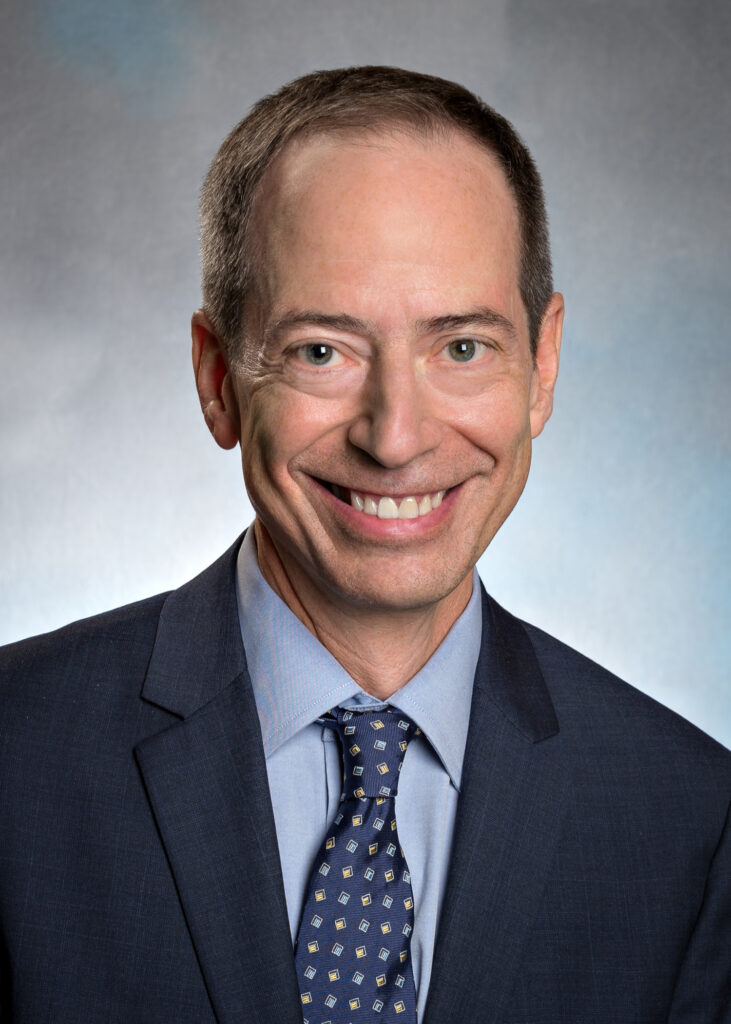
Paul Sax, MD
Dr. Paul E. Sax is Clinical Director of the Division of Infectious Diseases at Brigham and Women’s Hospital and Professor of Medicine at Harvard Medical School. He holds the Bruce A. Beal and Robert L. Beal Distinguished Chair in Infectious Diseases. He received his MD from Harvard Medical School, did his residency in Internal Medicine at the Brigham, then fellowship in Infectious Diseases at Massachusetts General Hospital.
Dr. Sax is the Editor-in-Chief of Clinical Infectious Diseases, the flagship journal of the Infectious Diseases Society of America (IDSA). In addition, he is a Section Editor of HIV/AIDS in UpToDate, and on the Editorial Board of NEJMJournal Watch, where he writes a regular column called HIV and ID Observations. An internationally recognized clinician and clinical teacher in infectious diseases and HIV, Dr. Sax also has been actively involved in research. Ongoing areas of investigation include clinical trials of antiretroviral therapies, cost-effectiveness of strategies for HIV management, and toxicity of antiretroviral therapy. Like all ID specialists, he has been closely involved in the clinical management and prevention of COVID-19, including frequent communications with the medical and lay public about the disease.

Benjamin Sommers, MD, PhD
Huntley Quelch Professor of Health Care Economics
Department of Health Policy & Management
Harvard T.H. Chan School of Public Health
Benjamin Sommers is the Huntley Quelch Professor of Health Care Economics at the Harvard T.H. Chan School of Public Health and Professor of Medicine at Harvard Medical School. He is a health economist and a primary care physician whose main research interests are health policy for vulnerable populations, the uninsured, and the health care safety net. He has received numerous awards for his research, including the Outstanding Dissertation Award, Alice Hersh New Investigator Award, the 2015 Article-of-the-Year Award, and the 2017 Health Services Research Impact Award from AcademyHealth, a preeminent national association of health policy researchers; and the Outstanding Junior Investigator Award from the Society of General Internal Medicine. He was elected to the National Academy of Medicine in 2019. His research has been published in leading journals including the New England Journal of Medicine, JAMA, Journal of Health Economics, and Health Affair, and his research has been regularly profiled in national media.. He has testified before Congress and advised state Medicaid programs.
Dr. Sommers has served in the federal government in multiple leadership roles. In January 2021, he was appointed by President Biden as the Deputy Assistant Secretary for Health Policy in the Office of the Assistant Secretary for Planning and Evaluation (ASPE), at the U.S. Department of Health and Human Services, and he served in that role until early 2023. From 2022-2023, he was appointed to lead ASPE as the Senior Official Performing the Duties of the Assistant Secretary. Previously, he served as a Senior Advisor in ASPE from 2011-2016, and continues in 2023 to serve in a part-time capacity as a Senior Counselor to the Assistant Secretary.
He received a PhD in Health Policy from Harvard, an MD from Harvard Medical School, and completed internal medicine residency in the primary care track at Brigham & Women’s from 2007-2010.

Mounica Vallurupalli, MD
Mounica Vallurupalli is a hematologist/oncologist at Dana-Farber and a post-doctoral fellow at the Broad Institute in the lab of Dr. Todd Golub. She uses functional genomics approaches to understand the impact of RNA splicing in cell fate and differentiation with a focus on hematologic malignancies.
Mounica grew up in Ann Arbor, Michigan and received her medical degree from Harvard Medical School graduating magna cum laude. She went on to train in internal medicine at BWH and was selected to be a Chief Medical Resident. She is now completing her fellowship in hematology/oncology at Dana-Farber Cancer Institute.

Kevin G. Volpp, MD, PhD
Dr. Volpp is the founding Director of the Penn Center for Health Incentives and Behavioral Economics (CHIBE) and the Mark V. Pauly President’s Distinguished Professor at the Perelman School of Medicine and the Wharton School of the University of Pennsylvania. He has led CHIBE since its inception turning it into an entity which became 1 of 2 original NIH Centers on behavioral economics and health and that involves more than 90 faculty members and trainees.
Dr. Volpp’s work focuses on developing and testing innovative ways of applying insights from behavioral economics in improving patient health behavior and increasing health system value by influencing provider performance. Dr. Volpp oversaw the creation of the world’s first health system Nudge Unit at Penn Medicine. He has published more than 300 articles, book chapters, and commentaries. His work has served as the foundation for benefit design initiatives using financial incentives for smoking cessation used by many large employers including GE and CVS, a prescription refill synchronization program for Humana members, a redesign of a primary care physician payment for clinicians across Hawaii, a simple health insurance plan called “Humana Simplicity”, and an ‘enhanced active choice’ approach used among tens of millions of CVS members to increase the ease of receiving automated medication refills. He now leads the American Heart Association Rockefeller Foundation Food is Medicine Initiative, a major research program designed to build evidence on effectiveness and cost effectiveness of programs to improve health through better access to nutritious food.
Dr. Volpp’s work has been recognized by the Matilda White Riley Award by the Office of Social and Behavioral Science at NIH, the John Eisenberg Award from the Society of General Internal Medicine, the American College of Physicians Behavioral Medicine Award, the Association for Clinical and Translational Science Distinguished Investigator Award for Clinical and Translational Science, the American Heart Association Distinguished Scientist Award (November 2022), and article-of-the-year awards by numerous professional societies. He has served as a mentor for dozens of individuals who have emerged as national leaders in academia, private, and public sector organizations.
Dr. Volpp trained in Medicine and Economics at the University of Pennsylvania School of Medicine and the Wharton School before completing a residency in internal medicine at Brigham and Women’s Hospital. He was a practicing primary care physician and hospitalist for 20 years at the Philadelphia Veterans Affairs Medical Center. Volpp is an elected member of the National Academy of Medicine and an editorial board member of NEJM Catalyst.
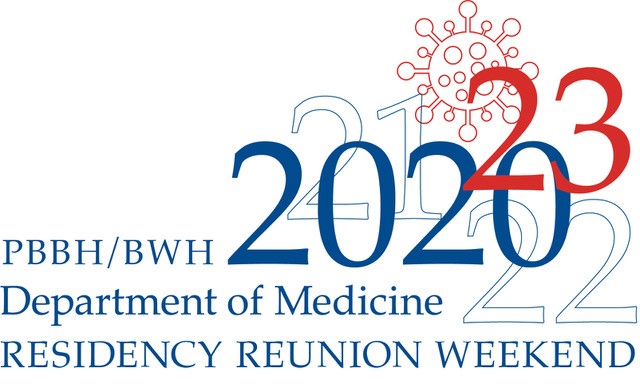
Matt Waldor MD, PhD
Matt Waldor MD, PhD (’91) is the Edward H. Kass Professor of Medicine at Harvard Medical School. He is an HHMI investigator and his laboratory, which is based in the Division of Infectious Diseases at the Brigham, studies host-pathogen interactions and vaccine development.
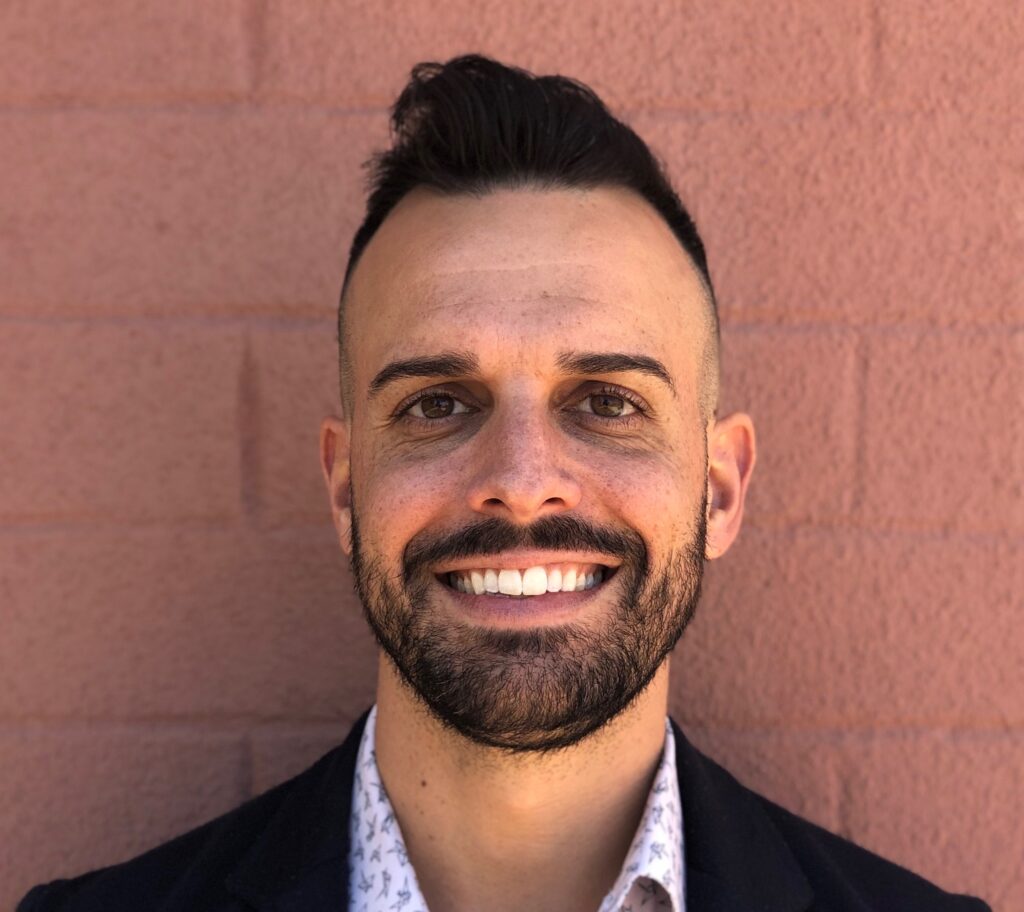
Bram Wispelwey, MD, MPH
Dr. Bram Wispelwey is a co-founder of Health for Palestine, a community organizing initiative in Palestinian refugee camps that seeks to maximize wellness and address health barriers via social accompaniment and creative integration with existing facilities. He is an Associate Physician in the Division of Global Health Equity at Brigham and Women’s Hospital, an Instructor in Medicine at Harvard Medical School, and he also teaches at the Harvard T.H. Chan School of Public Health.
Bram’s research, education, and implementation efforts focus on anti-racist strategies to address hospital admission inequities, community health worker impact, and settler colonial determinants of health. Before the start of his medical career, he pursued LGBTQ-rights activism, which informs his health approach at the bedside and in advocacy. Bram is Senior Technical Lead with Partners In Health United States and a Senior Fellow at the Atlantic Fellows for Health Equity.
